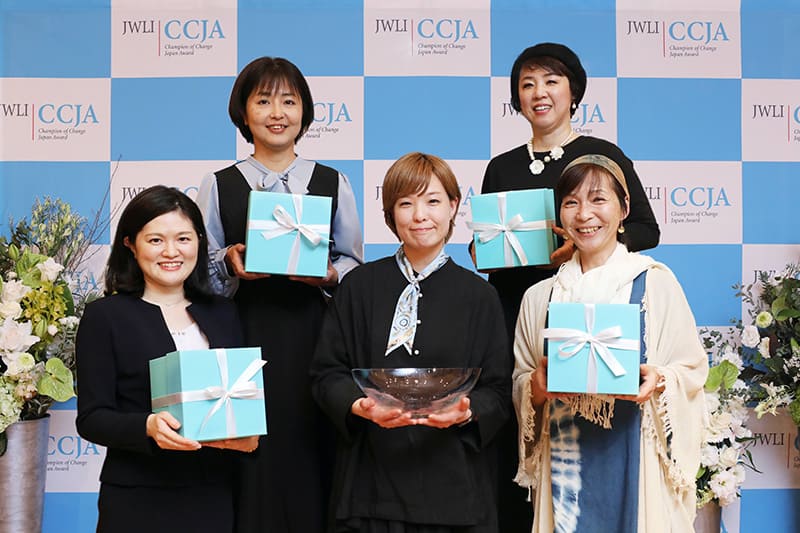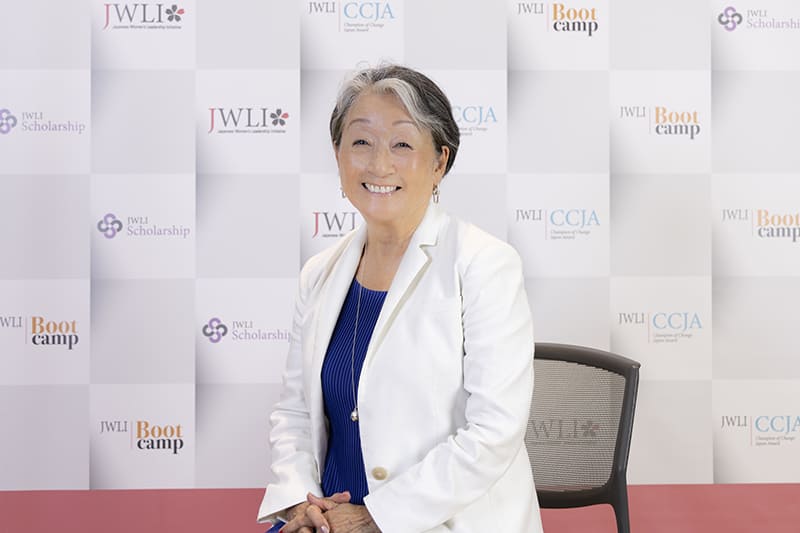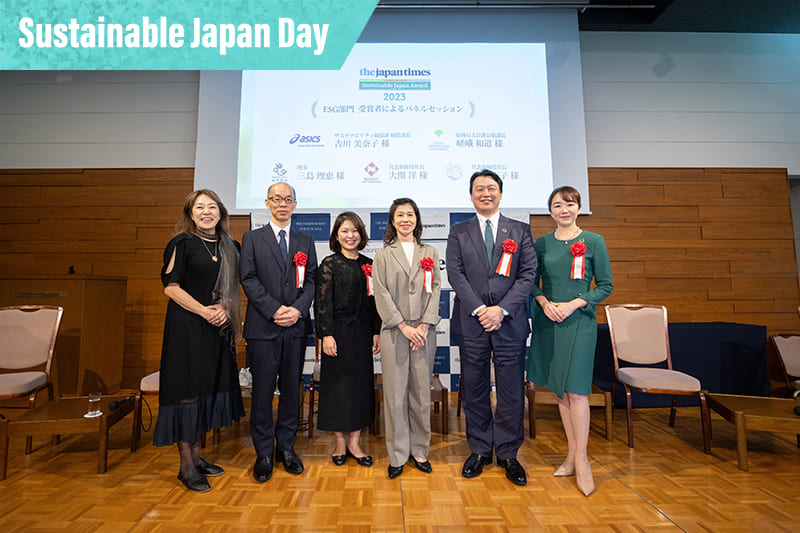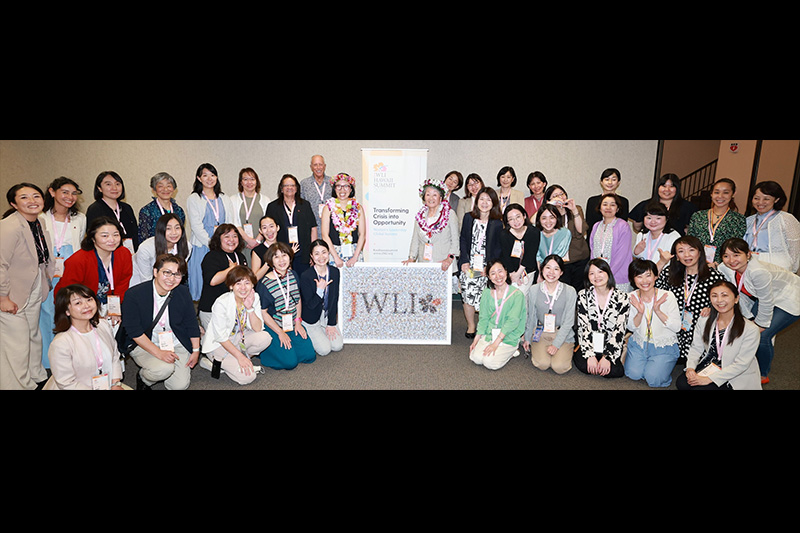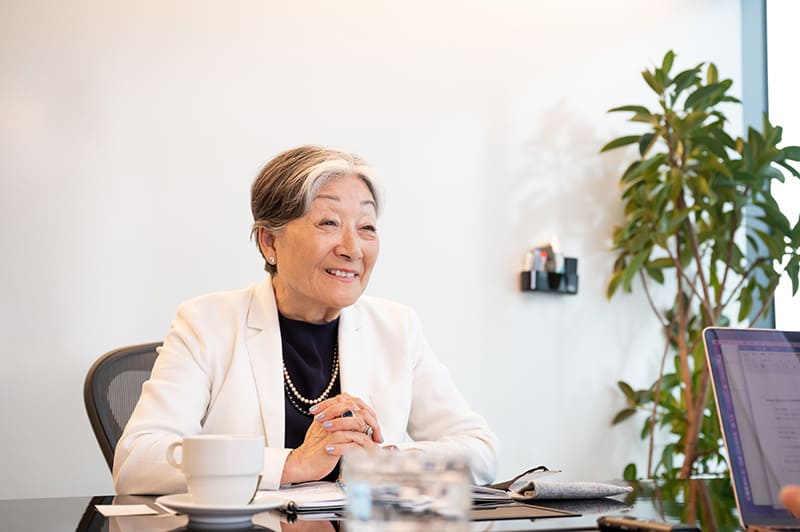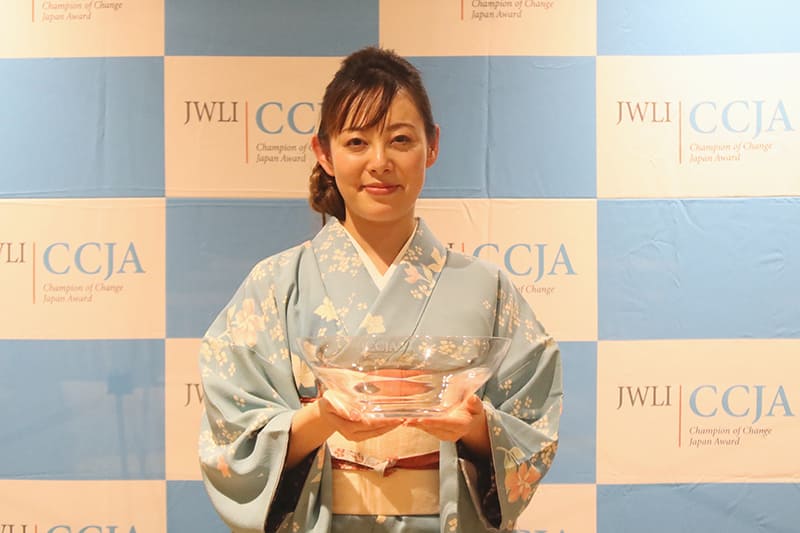May 13, 2022
Foundations step in to help women rebuild Tohoku
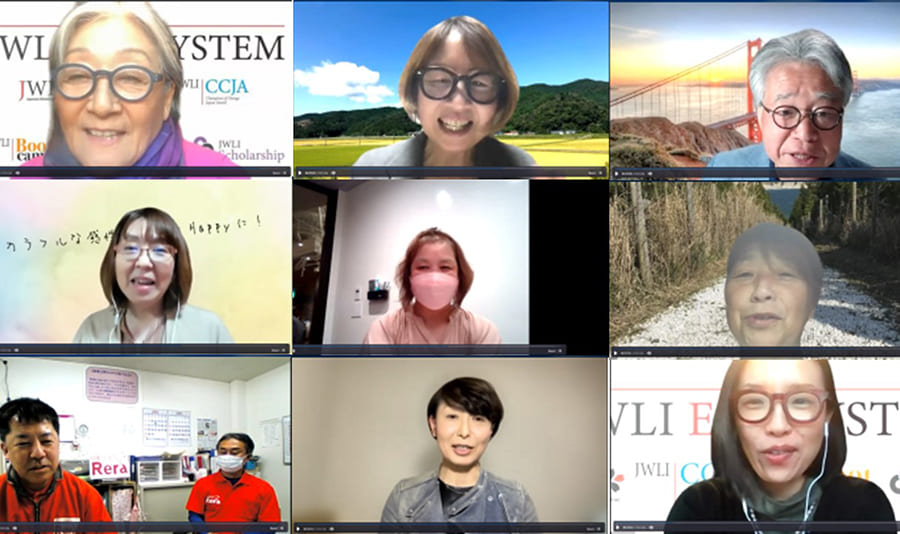
Ten years since the Great East Japan Earthquake triggered a powerful tsunami that devastated the Tohoku region, its effects continue to reverberate among the most vulnerable populations in the region.
The calamitous effects of the disaster are reflected in Tohoku’s depopulation — a 40% decrease. Compounded by financial crises, it has fractured communities, leaving many people isolated in a deeply patriarchal environment that has become a breeding ground for violence against women, sexual minorities and children, incidents of which largely remain hidden.
Through the Reconstruction Agency, the Japanese government has supported many organizations dedicated to serving these populations. However, the agency recently announced it would reduce its annual budget by 93% during its next 10 years of operation. This dramatic cut has the potential to bring financial ruin to many organizations, thereby cutting off support to those who need it most.
In light of these circumstances, the United States-Japan Foundation and the Fish Family Foundation joined forces to provide a grant of ¥10 million ($75,000) to six women-led organizations, with the aim of building a resilient Tohoku for the future. Launched in March 2021, this women-led project has facilitated direct support to vulnerable populations, such as the elderly, children and youths, single mothers and those experiencing disabilities. By providing opportunities for employment and education to enhance economic literacy, the project has also empowered populations and enabled them to establish long-term independence.
Since its establishment in 1999, the Boston-based Fish Family Foundation has focused on providing support to immigrants, at-risk youths and people struggling with mental health. The foundation has also actively supported areas affected by the Great East Japan Earthquake through grants to nonprofit organizations operating in the region. For its most recent grant dedicated to Tohoku, the foundation partnered with the United States-Japan Foundation, which was founded in 1980 to enhance ties between Americans and Japanese.
In 2006, the Fish Family Foundation and its co-founder Atsuko Toko Fish established the Japanese Women’s Leadership Initiative (JWLI), which, through its JWLI Fellows Program, has fostered emerging female leaders through hands-on experience and training sessions in nonprofit management and leadership development. In 2017, JWLI established the Champion of Change Japan Award, which recognizes women who address pressing needs in their communities. Since 2019, JWLI has also run a three-day bootcamp on entrepreneurial leadership with the purpose of accelerating social change in communities in Japan. The leaders of the six recipients of the grant are all JWLI alumni: three Champion of Change Japan Award finalists and three JWLI Bootcamp participants.
A major goal of this project has been to lay the foundations for collaborative partnership between grantees. During an online session held on April 28, the six grantees joined representatives of the Fish Family Foundation and the United States-Japan Foundation to report on their activities and discuss how they intend to utilize their new collaborative network to create a resilient Tohoku.
One of the grantees, Rera — which provides transportation to the elderly and disabled to assist them in essential activities such as grocery shopping and hospital visits — utilized this collaborative network to strengthen its fundraising efforts while spreading awareness of its partners’ activities. Yuka Takahashi, founder of Switch — an organization that provides skill training, career coaching and academic support — also touched on the benefits of the collaborative network. “Working together and learning about our specific strengths has led to discussions about how we can assist each other,” she said. “This type of collective impact is something I hope to build going forward.”
Regarding future collaboration, Shoko Monma, founder of Mia Forza — an organization focused on alleviating food insecurity — hopes to have other representatives of grantees speak to students at Aoba Joshi Gakuen, a junior high school for incarcerated girls in Sendai with which Monma frequently collaborates. “I would love for the women leaders gathered here to share their experiences with these students,” she said. “It will surely expand their awareness of the choices available to them.”
Junko Yagi, founder of Community Space Umineko, an organization focused on economic revitalization through job creation for the elderly, also expressed excitement toward the future of their collaborative network: “It is so great that us coming together can bring happiness to many people, and I look forward to working with everyone into the future.”
These sentiments were also expressed by Yoshie Kaneko, founder of Yappesu — an organization dedicated to transforming the lives of women by imparting knowledge and tools needed to become independent entrepreneurs — and Rika Hamade, founder of 1mm Innovation, a nonprofit educational hub for women entrepreneurs.
Tomoyuki Watanabe, Japan representative of the United States-Japan Foundation, as well as Atsuko Fish, trustee of the Fish Family Foundation and founder of JWLI, also attended the online session. After listening to the discussions among grantees, Watanabe noted with great enthusiasm about how the network among grantees has deepened over the course of the project. In her closing remarks, Fish expressed her excitement toward the future of this collaborative network and her admiration toward the grantees’ unrelenting optimism. “I believe the foundations being laid here represent just the beginning of something very big for the future,” she said.
Rika Hamade
Founder of 1mm Innovation
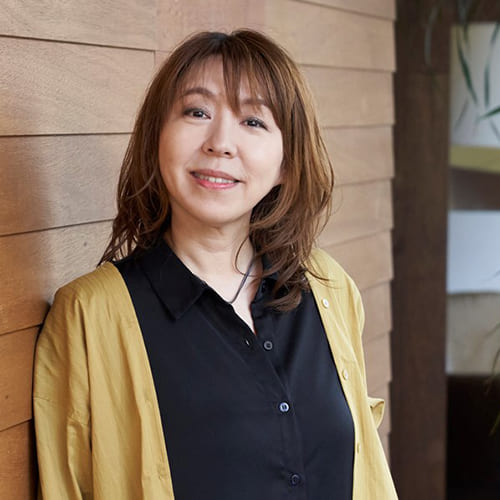
Prior to founding 1mm Innovation in 2020, Rika Hamade successfully ran her own startup and coached over 200 women. Her organization is a nonprofit hub for female entrepreneurs in Tohoku that provides mentorship programs, workshops and pitching events. Her annual event in Tohoku to promote women’s empowerment is one of the largest of its kind and has attracted up to 600 attendees. With the support of the new grant, her organization was able to focus on its empowerment program, centered on imparting information technology skills to 63 participants. Overall, her organization served 353 participants in the 2021 fiscal year. She is an alumnus of the 2019 JWLI Bootcamp.
Yoshie Kaneko
Founder of Yappesu
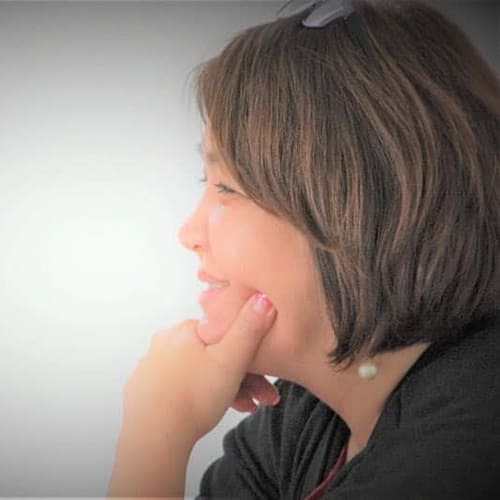
Yoshie Kaneko is the founder of Yappesu, based in Ishinomaki, Miyagi Prefecture. Established in 2011, Yappesu works to transform the lives of women affected by the Great East Japan Earthquake by imparting the tools and knowledge needed to become financially independent entrepreneurs. She runs an incubator and community center to expand her women entrepreneurship program and accelerate innovation. In 2017, she received the Prime Minister’s Award in recognition of her regional achievements. This year she handed off the reins of her organization in order to prepare for a run for the city council. She was a finalist of the 2017 Champion of Change Japan Award and is an alumnus of the 2019 JWLI Bootcamp.
Shoko Monma
Founder of Mia Forza
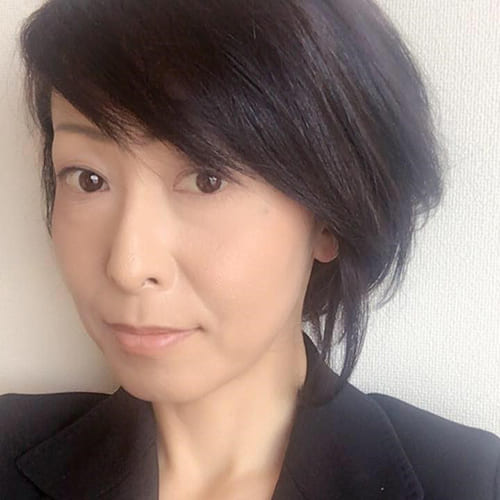
Drawing from her more than 25 years of experience working with vulnerable women and children, she founded Mia Forza, her most recent organization in Sendai in 2021.
Mia Forza, my strength in Italian, is a nonprofit that helps alleviate poverty among single-parent households and survivors of violence by operating a shelter, food pantry and a hotline.
With the support of this grant, Mia Forza assisted a total of 772 people — 505 children and 267 adults — through food pantries and other forms of food-related aid. She is an alumnus of the 2019 JWLI Bootcamp.
Hiroko Murashima
Founder of Rera
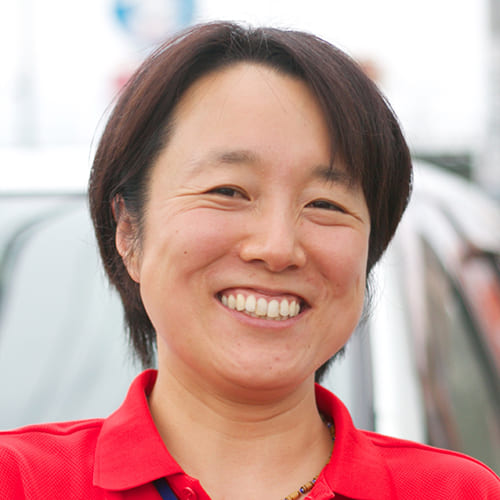
Hiroko Murashima is the founder of Rera, situated in Ishinomaki. Established in 2011, Rera provides transportation to the elderly and those with disabilities to aid them in essential daily activities such as grocery shopping and visits to the hospital. Serving around 15,000 people every year, her service is a lifeline for those living alone, providing a crucial source of human connection. She often speaks on the topic of mobility as a service and is invited to lead workshops focused on training local leaders for policy changes. She was a finalist of the 2019 Champion of Change Japan Award and is an alumnus of the 2019 JWLI Bootcamp.
Yuka Takahashi
Founder of Switch
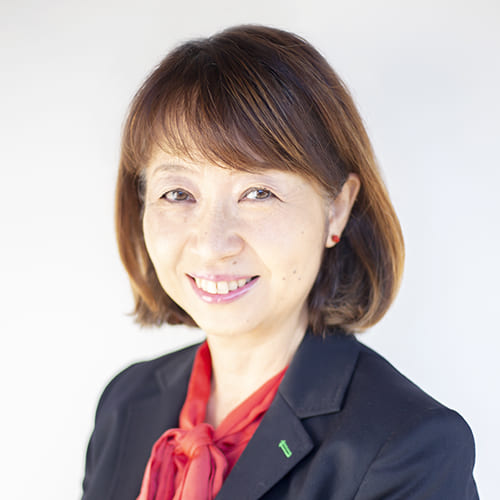
Yuka Takahashi is the founder of Switch, based in Sendai and Ishinomaki. Established in 2011, Switch aids people facing mental health challenges who have lost their will to learn, work or even live. Her organization is comprised of four centers from where she provides skill training, career coaching and academic support. With the support of this grant, she launched Note Cafe, an outreach initiative at public high schools where students can receive consultation and attend lectures in a comfortable environment. The organization visited high schools a total of 38 times and offered consultation to 99 students. She was a finalist of the 2019 Champion of Change Japan Award.
Junko Yagi
Founder of Community Space Umineko
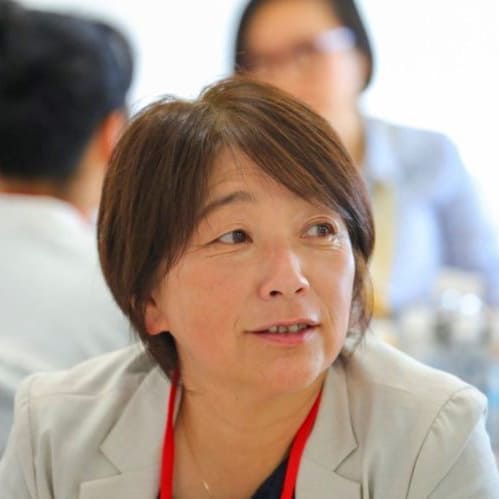
Junko Yagi has decades of experience working with children in Ishinomaki and nearby Onagawa. Immediately following the Great East Japan Earthquake, she worked closely with single mothers, children, the elderly and other vulnerable populations at evacuation centers. In 2012 she founded Community Space Umineko, which runs a farm and cafe and contributes to economic revitalization through job creation for the elderly, women and youths. With the support of the grant, Yagi provided a plethora of inspiring opportunities for the elderly and youths to come together to create a wide array of crafts, such as flower aroma bags and bath mats, using a variety of materials. She is an alumnus of the 2019 JWLI Bootcamp.

